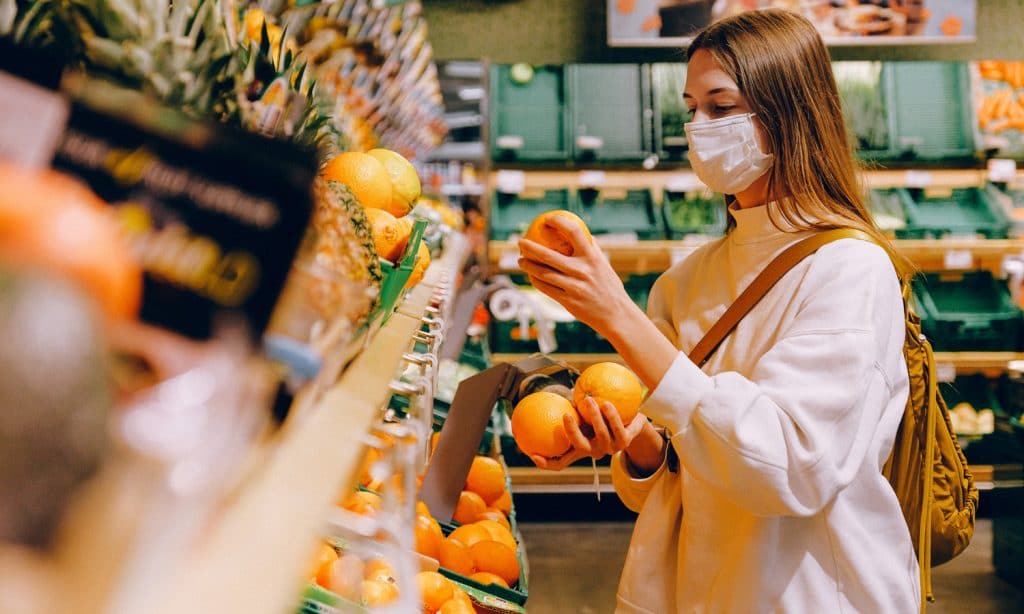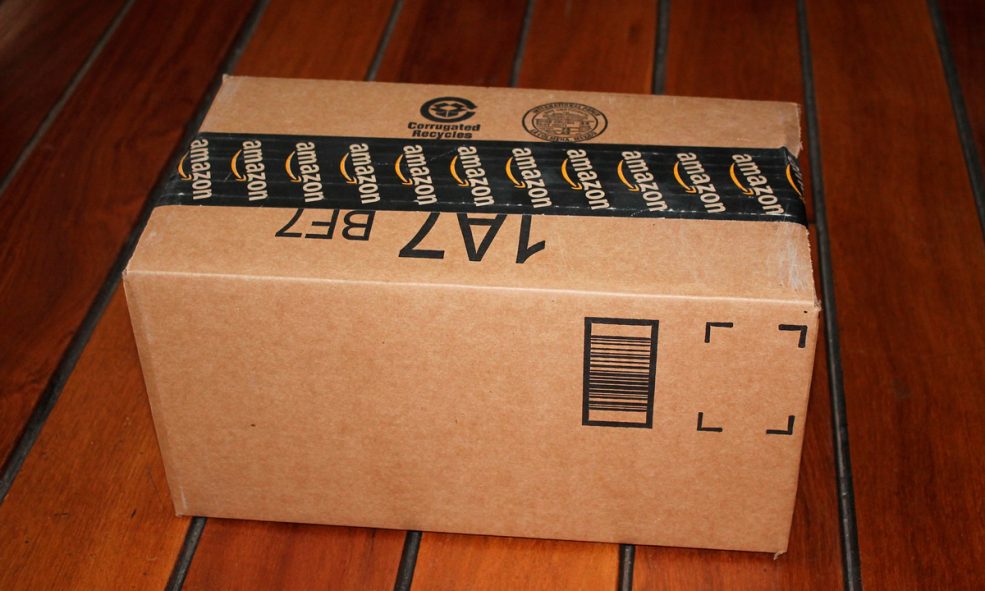From holding your breath to test if you have COVID-19, to wiping down surfaces so you don’t catch it. Here’s what you should not believe about the coronavirus.
The coronavirus has been around for most of 2020, giving us plenty of opportunities to learn about a constantly evolving topic. A virus that triggered a pandemic understandably prompts challenges for all, from average people who are uninformed, to experts and scientists who are learning on the go. The scale of the coronavirus is unprecedented, as are the myths that it has prompted.
The Huffington Post compiled a list of them, from those that are commonly believed to the truly egregious ones that should be corrected ASAP. Here, we highlight some of the most interesting coronavirus myths that have already been debunked.
Summer weather can control the virus

RELATED: The Coronavirus Probably Won’t Die Just Because It’s Getting Warm
This myth has some science to support it but sadly, the coronavirus is here to stay for the foreseeable future, no matter how warm the weather gets. Right before the pandemic became a pandemic, some experts believed that summer might be able to control the coronavirus, since many viruses like the flu and the common cold propagate when the weather is cold and people are more vulnerable. So, here we are, officially in summer. And we still have the coronavirus to contend with. In fact, many cities are seeing spikes in cases.
Average people shouldn’t wear masks

RELATED: Fake Instagram Accounts Are Becoming More Popular During Quarantine
One of the most annoying beliefs that the Centers for Disease Control (CDC) and other health experts spread for months was that masks shouldn’t be worn by people who weren’t hospital workers. This was mainly because they didn’t want our frontline workers to not have masks themselves. However, it’s now been reported multiple times that face masks are, indeed, an effective way of preventing the spread of the virus when worn by everyone.
Packages and groceries can spread the virus

One of the biggest sources of stress for people is whether to disinfect packages and groceries. While it is possible for the virus to survive on surfaces like cardboard (which is porous) and hard plastics, the CDC is explicit in reassuring people that the main thing they should worry about is contracting the virus through other people.
Children can’t get the coronavirus

RELATED: Teens Are Struggling With Mental Health Amid COVID-19
While the coronavirus deals the worst hand to older people or those with preexisting conditions, people of all ages can get it, including children. There have been several cases reported in children associated with COVID-19, where there’s heart, lung and kidney inflammation.
Holding your breath for long times proves your virus free

RELATED: Does Deep Breathing Help With Coronavirus Symptoms?
The silliest myth in this list is one you’ve likely seen around social media during the first couple of weeks of the virus. No, holding your breath for prolonged periods of time doesn’t mean that you’re virus-free, no matter how much you want it to be true. The only way to know for sure if you have the virus is to either have symptoms or to get a test. Pro tip: If you think you may be infected, voluntarily restricting your breathing won’t make you feel better.


